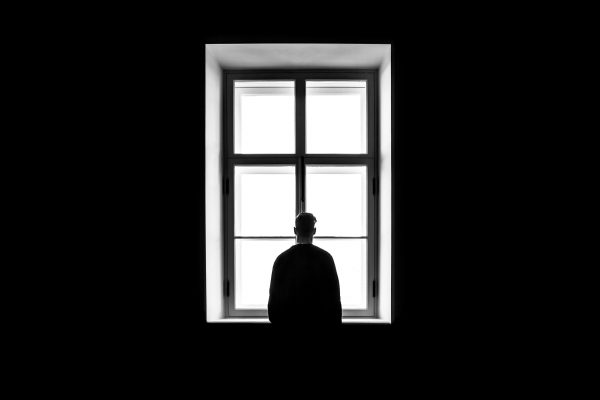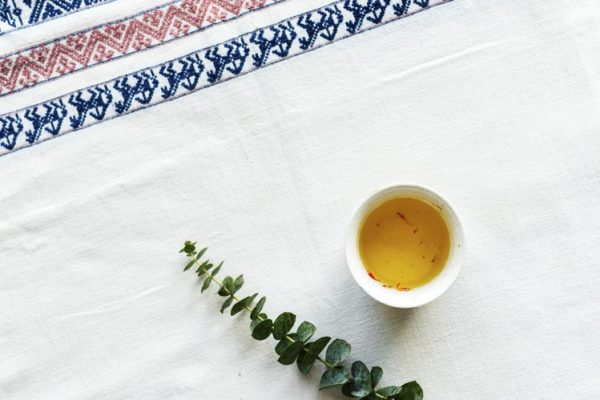The way forward is acceptance, not prejudice. And we must all play our part in this because if it takes a village to raise a child, it must take a village to protect one too.
The way forward is acceptance, not prejudice. And we must all play our part in this because if it takes a village to raise a child, it must take a village to protect one too.
The plethora of news stories bringing child abuse to light day in day out shows that it is not limited to one ethnicity, one community, or one gender; sadly, it is widespread across all sections of society. Yet child abuse within the Muslim community continues to be a taboo subject and victims of that abuse continue to suffer in silence. As a lawyer, who specialises in child abuse law, I find that unacceptable, and as a Muslim, I find it extremely disheartening.
At a recent conference about “Mental Health and Wellbeing of Young Muslims in the UK”, which brought together people from multiple disciplines (health and social care, education, academics, researchers, policy makers, and Muslim community leaders), light was shed on a number of issues:
- More Muslim women are reporting mental health issues
- The main causes of mental health conditions in Muslims include social and societal pressure, discrimination, internalising Islamophobia leading to identity crises, abuse at school, college, or employment, stigma of talking about mental health problems, sexual, physical, or emotional abuse, and social determinants like poverty and migration
- Muslims in the poorest fifth of the UK population are twice as likely to be at risk of developing mental health problems as those on an average income
- People from Black, Asian and Minority Ethnic (BAME) groups present much later and at greater stages of severity
A number of different barriers were identified which prevent people from seeking the help they so desperately need: culture, family, honour and shame, fear of lack of confidentiality, stigma, fear of being judged, lack of autonomy, and not recognising the concern as a mental health issue.
Islam and Psychotherapy: Bridging Mental Health Services with Spirituality (Video)
It was made clear that a whole system approach is needed to tackle these issues:
- At the family level there needs to be a supportive family relationship and environment
- At the community level the stigma attached to these issues needs to be eliminated and imams, mosques, and Muslim youth organisations play a critical role in this
- At the society level we need to provide access to culturally sensitive services
One of the key points which this conference highlighted was that the issues faced by Muslims leading to mental health difficulties are not necessarily exclusive to Muslims. What is unique, however, are the cultural sensitivities in particular to this group of people which make them vulnerable to exploitation and consequently act as a barrier to disclosure and reporting.
In 2013, the Muslim Women’s Network UK produced a report looking into cases of sexual exploitation of Muslim women which reached this exact conclusion, by highlighting that victims of abuse in the Muslim community were most vulnerable to abusers from their own communities who manipulated cultural norms to ensure compliance and silence.
The abhorrent nature of child abuse crimes means that all victims, irrespective of their background, find it difficult to speak up and seek help. Add to this the burden of shame, protecting family honour, emphasis on virtues of purity and virginity – all central components of the Muslim community – and we can begin to understand why victims from this community find it so difficult to come forward and are instead being compelled to a lifetime of secrecy.
Furthermore, the Muslim community in this country is not one homogeneous group but a set of communities from Asia and Africa to just name a few, with differing, deep-seated notions of cultural honour and fears of cultural shame which often unwittingly trump the legal, religious, and moral obligations to protect victims at all costs. The unfortunate consequence of this is that it allows the perpetrators to continue to ruin more lives without fear of repercussions.
The 2014 report on the Independent Inquiry into Child Sexual Exploitation in Rotherham also raised concerns about abuse in the Muslim community “so often hidden from sight”, and noted that the Home Affairs Select Committee quoted witnesses saying that cases of abuse in the Muslim community did not come to light because victims “are often alienated and ostracised by their own families and by the whole community if they go public with allegations of abuse”.
This view mirrored the conclusion reached by the research carried out by the Muslim Women’s Network that where families did become aware of abuse, they re-victimised the victims “which meant not believing them, blaming them, forcing them into marriage, forcing them to leave the family home, and in one case forcing the victim to have hymen repair surgery”. The report urged the Safeguarding Board to “address as a priority the under-reporting of exploitation and abuse in minority ethnic communities”.
Earlier this month, the Independent Inquiry into Child Sexual Abuse (IICSA) announced a new investigation into child protection in religious organisations and settings, including Islam and religious settings such as mosques and madrassas where children and young people gather in connection with their religious beliefs. Whilst I welcome this announcement and wholeheartedly support it as a much needed step in the right direction, I believe this is an issue which, first and foremost, needs to be tackled from the bottom up.
The stigma within the community attached to victims of abuse needs to be eradicated by targeting the lack of knowledge and understanding surrounding this issue. The cultural norms need to be recalibrated in the face of moral, religious, and legal education to ensure that victims are empowered and perpetrators are rightly criminalised.
The way forward is acceptance, not prejudice. And we must all play our part in this because if it takes a village to raise a child, it must take a village to protect one too.





